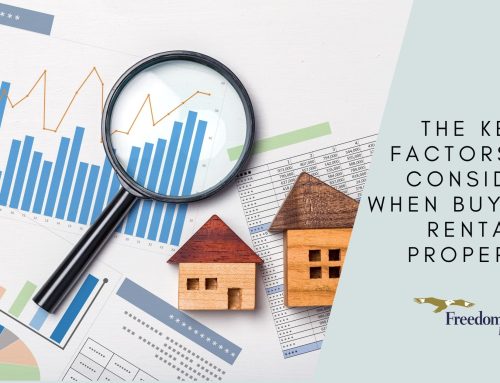Obtaining a home mortgage with poor credit may seem challenging, but it’s not impossible. While a good credit score is generally preferred by lenders, there are still options available for individuals with less-than-perfect credit. Below, we will explore seven ways you can improve your chances of qualifying for a home mortgage, even with poor credit.
Explore Government-backed Loans:
Government-backed loan programs such as the Federal Housing Administration (FHA) loan and the Department of Veterans Affairs (VA) loan are designed to help individuals with lower credit scores become homeowners. These loans have more lenient credit requirements and lower down payment options, making them accessible to borrowers with poor credit.
Build a Larger Down Payment:
A larger down payment can help compensate for a lower credit score when applying for a home mortgage. By offering a substantial amount upfront, you demonstrate your commitment and reduce the risk for the lender. Aim to save as much as possible to increase your chances of qualifying for a mortgage.
Seek Mortgage Programs for Low Credit Scores:
Some lenders offer specialized mortgage programs specifically tailored for borrowers with poor credit. These programs may have higher interest rates or additional requirements, but they provide an opportunity to secure a home mortgage when traditional options are limited.
Consider a Co-Signer:
If your credit score is preventing you from qualifying for a home mortgage, you may consider enlisting a co-signer with a stronger credit profile. A co-signer shares the responsibility for the loan and can provide reassurance to the lender that the mortgage payments will be made.
Improve Your Credit Score:
While this may not be an immediate solution, working to improve your credit score over time can significantly increase your chances of qualifying for a home mortgage. Take steps such as paying bills on time, reducing outstanding debt, and disputing any errors on your credit report. Consistent effort to rebuild your credit can lead to better loan terms in the future.
Demonstrate Stable Employment and Income:
Lenders often look at your employment history and income stability to assess your ability to repay the home mortgage. Maintaining a steady job and providing proof of consistent income can help compensate for a lower credit score. Gather documentation such as pay stubs, tax returns, and employment verification letters to strengthen your application.
Work with a Mortgage Broker:
Enlisting the help of a mortgage broker can be invaluable when seeking a home mortgage with poor credit. Mortgage brokers have access to a network of lenders and can connect you with those who are more likely to consider your application. They can provide guidance, offer personalized solutions, and navigate the complexities of the mortgage process on your behalf.
While qualifying for a home mortgage with poor credit may require some additional effort, it is possible to achieve homeownership. By exploring some of the above tactics, you can increase your chances of obtaining a home mortgage despite your credit challenges. Remember, patience and perseverance are key as you work towards your goal of homeownership.






